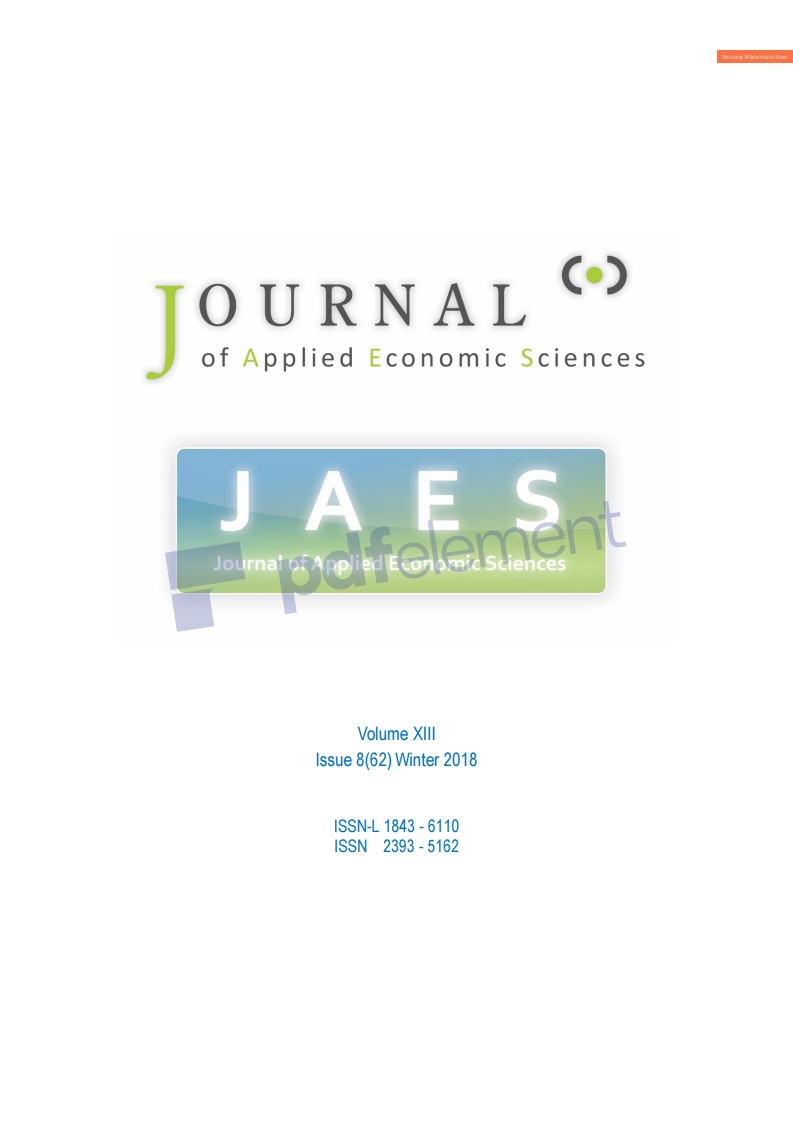Does Exchange Rate Regime Affect Economic Development? Evidence from Nigeria
Does Exchange Rate Regime Affect Economic Development? Evidence from Nigeria
Author(s): Lawrence Uchenna OKOYE, Grace Ofure EVBUOMWAN, Felix N. EZEJI, Olayinka Adedayo ErinSubject(s): Economy, National Economy, Financial Markets
Published by: ASERS Publishing
Keywords: exchange rate management; economic development; fixed exchange rate; floating exchange rate;
Summary/Abstract: The nexus between exchange rate regime and economic development was examined in this paper. Two distinct phases of exchange rate regimes namely, fixed and floating were adopted in the study. GDP per capita was adopted as proxy for economic development. Data analysis was based on the estimation method of ordinary least squares. Regression was conducted, in the first instance, to determine the overall effect of exchange rate regime on development using the full data sample (1970-2016). In the second instance, the data was disaggregated into fixed regime (1970-1986) and floating regime (1987-2016). The estimates for the full sample period, fixed regime, and floating regime show exchange rate as a significant impediment to development, with the strongest negative impact coming from the floating exchange rate regime. Based on the above findings, we conclude that irrespective of policy adopted, exchange rate constitutes a major factor in the planning and implementation of development-oriented programmes and policies in a developing nation like Nigeria. However, the impact is far more severe when developing nations adopt liberalized exchange rate policies without first developing adequate industrial infrastructure to support a robust domestic production capacity.
Journal: Journal of Applied Economic Sciences (JAES)
- Issue Year: XIII/2018
- Issue No: 62
- Page Range: 2459-2467
- Page Count: 9
- Language: English

